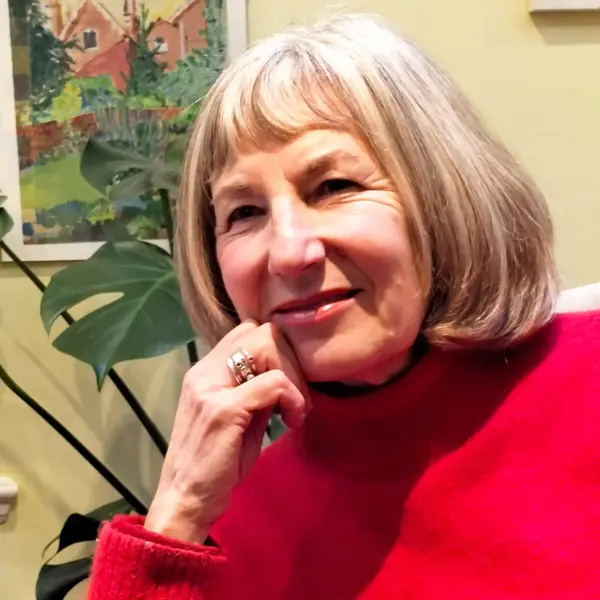Four decades of battling against the flow
Four decades of battling against the flow
Having seen the end of tobacco advertising and the AIDS crisis, the Government’s handling of COVID was all the more galling for public health doctor Bobbie Jacobson
Preventing ill health is what got me up in the morning. Four decades of doing battle both with international governments on tobacco and on the local public health front line as director of public health in London’s East End were an eye-opener. They offered vital insights into both failures and successes in prevention. This is what drove me to write my memoir, Against the Flow: Pandemic lessons from inside the wider battles for prevention. My book pulls back the veil of invisibility on some of the stories of the vital role public health has played in the prevention of ill health and the reduction of the health divide.
I started out in 2019 to tell a personal story about what I, as a woman doctor, mother and partner had to weather during my career. It came to an abrupt halt in early 2020 when the world was turned upside down by the pandemic.
By the time I picked up my virtual pen again in 2021 I had made a discovery: the Groundhog Day of failed prevention. Here, action on major threats to public health had been thwarted by a repeating pattern of government failures. Failure to legislate, failure to fund, failure to follow a long-term strategy and failure to devolve control. It didn’t matter whether it was smoking, nutrition, alcohol, obesity or the chronic diseases that resulted. It was then that I realised these same barriers lay beneath the day-to-day, political mismanagement of the pandemic.
For me it was the forgotten and ignored stories of success that needed to be told. My own public health baptism began in 1973 when I got my first taste of public health campaigning at the charity Action on Smoking and Health. There I learned how to challenge governments on the commercial and fiscal determinants of health. It may have taken four decades to end all tobacco promotion, but smoking rates have since fallen impressively – a feat that couldn’t have been achieved without international activism and perseverance.
It wasn’t until the Blair government used its three consecutive terms to support prevention and reduce health inequalities that it became obvious that prevention in the NHS was only part of the solution. Every government department had a role to play. Transparent national targets for reducing inequalities were set at every level. And it worked. I felt proud to play my part. The divide in child poverty, education and life chances at birth and throughout life were all narrowed. It is all the more tragic that the divide has been growing inexorably since. Our new government now has the recipe for how to do it.
The arrival of the AIDS epidemic in the 1980s offers clear lessons for future pandemic prevention. Here was a new, deadly virus where, like COVID-19, there was no known effective treatment. The comparison is an eye-opener. It was the quietly persuasive advice from Mrs Thatcher’s chief medical officer for England, Donald Acheson, and health secretary Norman Fowler, that secured large sums of ringfenced monies for prevention alongside treatment and care for people with AIDS.
Every local public health team now had protected money to spend on its diverse communities’ needs. An effective national media campaign was launched and people quickly stopped worrying about misinformation about catching AIDS from sharing mugs or from toilet seats. In the East End our expanded health promotion team was able to target support for every major community where the risk of HIV was high. Gay men, heterosexual African people, pregnant women, sex workers and injecting drug users all benefited.
Compare that now with the pandemic period when funding for public health and local authorities was drastically cut and prevention was decimated.
The public inquiry into COVID-19 needs to look well beyond the ideological behaviour of government and the narrow confines of infectious disease to the deeper reform needed. Its future reports need to address the health divide in the deeper causes of ill health and chronic disease.
Bobbie Jacobson has spent four decades as a public health doctor. She was a director of public health in London in the 1990s and the director of the London Health Observatory from 2001 to 2013. Her book is published by Troubador.





